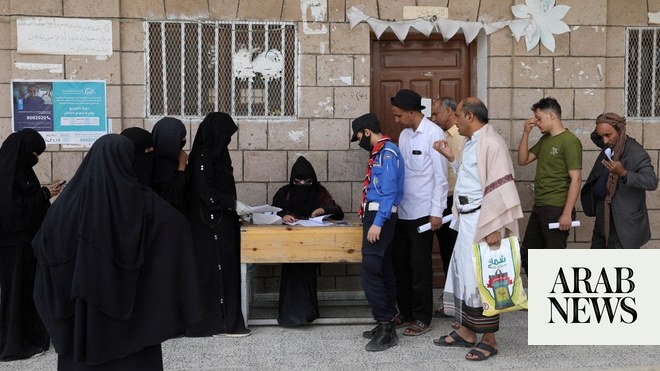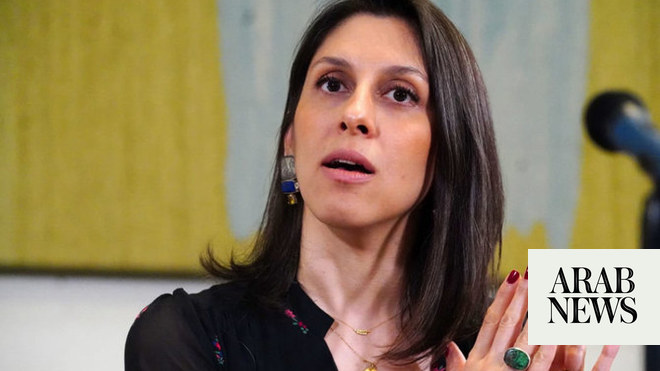
The total number of confirmed cases since April 10 when the first case was detected is 2,066, including 601 deaths and 1,377 recoveries
AL-MUKALLA: Yemen’s national coronavirus committee announced on Friday night recording zero coronavirus cases in the government-controlled provinces, even as the country braced for the second wave of the virus.
The national committee, a government body that documents coronavirus in the government-controlled provinces, said in a statement that it recorded two recoveries in the southern province of Laj and zero confirmed cases or deaths.
The total number of confirmed cases since April 10 when the first case was detected is 2,066, including 601 deaths and 1,377 recoveries. The Houthis, who control densely populated provinces, refuse to disclose the number of coronavirus cases. Their ministry of health had reported only four cases, including one death.
During the past couple of weeks, health facilities and PCR testing labs in the interim capital of Yemen, Aden, and the other liberated provinces have reported fewer infections, Dr. Ishraq Al-Subaee, a spokesman for the committee, told Arab News on Saturday. “It seems that the first wave of the virus is coming to an end,” Dr. Ishraq said.
In October, health authorities in the southeastern province of Hadramout closed a major quarantine center in the port city of Al-Mukalla, the province’s capital that treated dozens of cases due to the sharp decline in coronavirus cases.
But despite recording zero cases on Friday, the committee ordered health facilities across Yemen to prepare for a second wave of the virus as a severe winter is affecting parts of the country.
Headed by Prime Minister Maeen Abdulmalik Saeed, the committee on Thursday approved fresh measures to stem a potential outbreak of the virus, including boosting capacity of health facilities, raising public awareness about health guidelines, enhancing cooperation between the committee and local authorities for a unified response and approving an emergency fund. The official news agency SABA reported that the prime minister stressed learning lessons from the first wave of the coronavirus.
Yemen has been hit hard by the virus since April. Hundreds of people, including dozens of health care workers, have died as cases overwhelmed local hospitals. Local health officials told Arab News that the virus and other diseases killed 1,800 people in May in Aden alone. In Sanaa, several graveyards in Sanaa and other provinces in northern Yemen were closed due to the influx of the dead. Local and international health workers believe that the number of virus fatalities is much higher than official reports say.
As daily coronavirus infections reached zero, experts warned that sporadic new cases in different cities last week could be a sign of a second wave. Abdulla bin Ghouth, a professor of community medicine and epidemiology at Hadramout University’s College of Medicine and an adviser to the health minister, told Arab News that official reports about the decreasing cases showed the coronavirus curve was going down.
However, “the few confirmed cases in Marib and Aden are a warning of the second wave,” bin Ghouth said. He added that the war-torn country was not ready for a second wave and was repeating the mistakes of the first wave of the pandemic. “Hospitals and quarantines are not ready. There is still not enough PCR testing labs and preventive measures are very poor,” he said.
Normal life
Yemenis across the country have largely abandoned health coronavirus guidelines, even before the country reported few cases. People attend large gatherings such as weddings and mass prayers and almost no one wears a mask. In Al-Mukalla on Friday, thousands of worshippers without masks thronged Omar mosque for Friday prayers. Among the worshippers were health workers, teachers and journalists — who have long preached to people about adhering to social distancing and other health guidelines.
Even the elderly and people with chronic diseases who used to wear masks during prayers now hug and shake hands without masks. In his weekly sermon, the imam warned worshippers against the “evils” of globalization and its calls for women’s liberation, ignoring government calls to prepare for a second wave of the virus.
People said that they did not wear masks as they had developed herd impunity. “I do not wear masks because I was infected with the virus in Ramadan. Also, the prices of the masks are high compared to my salary. Finally, my city did not report any new case for the past ten days,” Mohammed Ahmed Bayazid, a worshipper, told Arab News.











